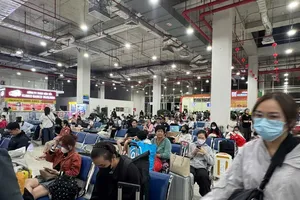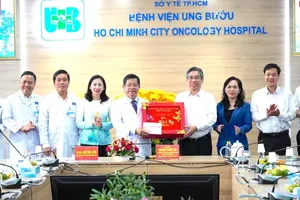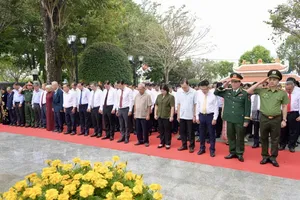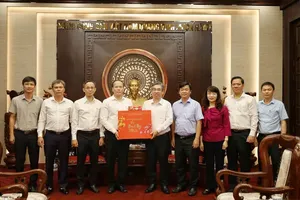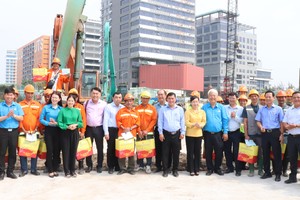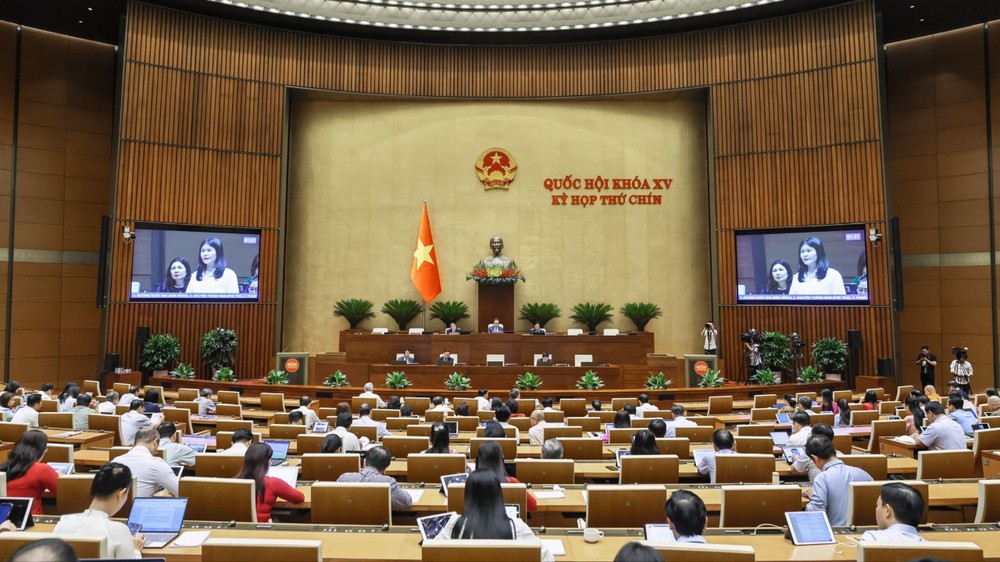
Addressing the chamber, Mrs. Nguyen Thi Le, Chairwoman of the Ho Chi Minh City People’s Council, emphasized the fundamental importance of the legislation in the equitable allocation of national resources and sustainable development. She underscored the need for the law to clearly enshrine genuine decentralization, paired with heightened accountability mechanisms.
As Vietnam’s leading economic engine—contributing an estimated 25–27 percent of national revenue annually—Ho Chi Minh City is seeking a more flexible fiscal framework to proactively drive development, improve quality of life, and continue making outsized contributions to the national economy.
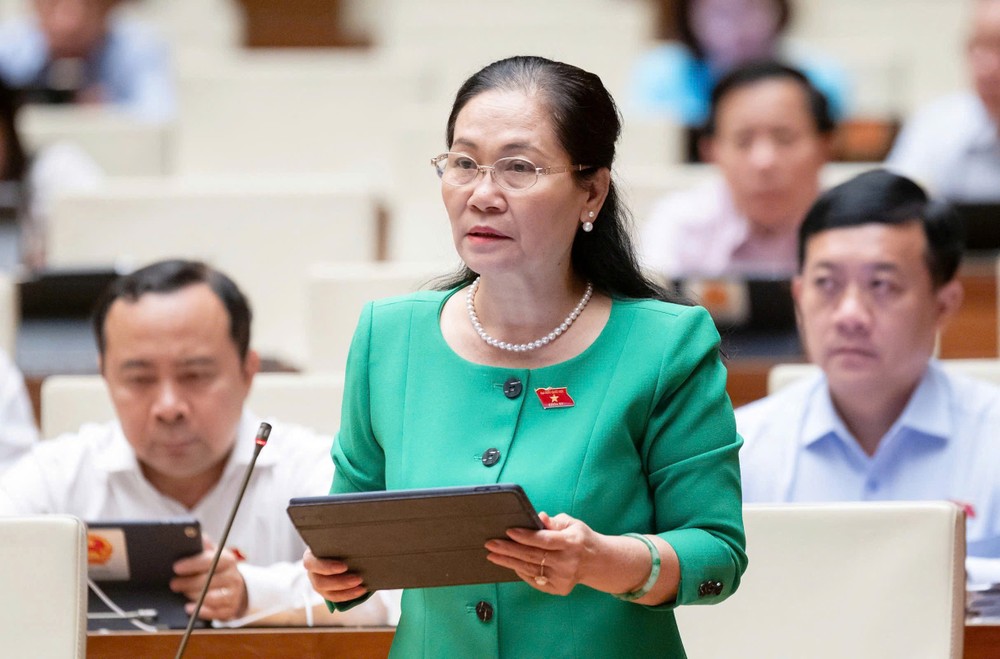
Mrs. Nguyen Thi Le noted that nearly a decade after the implementation of the 2015 State Budget Law, major cities such as HCMC are facing growing challenges in budget balancing, public investment execution, and financial governance. She attributed this to a legal framework that limits local decision-making space and fiscal autonomy.
She urged lawmakers to codify a governance model in which the central government retains its guiding role, but localities are granted greater discretion in resource allocation. Specifically, she called for empowering People’s Councils with authority to decide revenue retention rates, spending responsibilities, and the use of budget surpluses.
Regarding deficit ceilings and local debt limits, the HCMC People’s Council Chairwoman advocated for a more adaptive approach based on each locality’s fiscal capacity and debt repayment ability. She argued that the current method—calculating debt ceilings as a percentage of revenue retained under fiscal decentralization—fails to reflect the true borrowing capacity of economically strong localities like HCMC. With its robust creditworthiness and proven ability to mobilize capital, HCMC is well-positioned to take on additional borrowing through ODA relending and municipal bonds to finance strategic infrastructure.
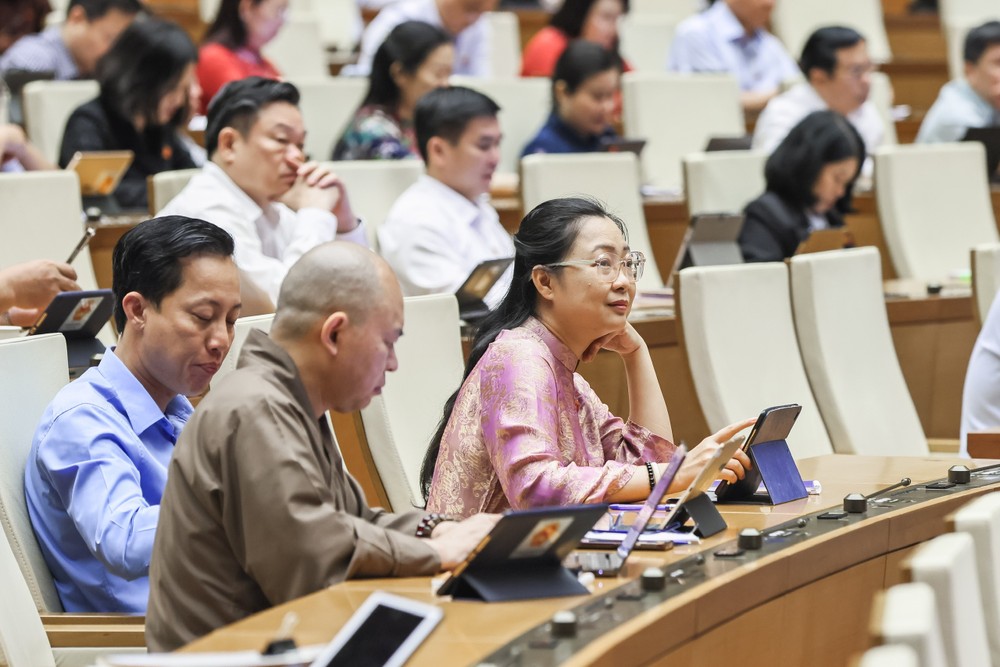
To this end, she proposed supplementing the law with additional quantitative metrics—such as GRDP, credit ratings, and capital mobilization capacity—to better tailor borrowing limits. She also urged legislators to explicitly legalize local budget deficits when directed toward regionally significant infrastructure projects.
Mrs. Nguyen Thi Le further recommended allowing provinces to establish off-budget financial funds tailored to their developmental priorities—such as digital transformation, urban infrastructure investment, science and technology, or innovation—provided they adhere to principles of transparency, non-overlapping mandates, independent revenue streams, and oversight by elected People’s Councils. This mechanism, she argued, would help unlock private capital and ease pressure on the State budget.
She also called for expanding the substantive powers of provincial People’s Councils in fiscal matters, including the authority to reallocate resources between tiers of local government, approve unplanned but legally financed projects, allocate funds to breakthrough programs, and approve major projects with high socio-economic impact.
Echoing these views, HCMC lawmaker Tran Hoang Ngan supported raising debt ceilings for local budgets to meet the urgent infrastructure needs of major urban centers like Hanoi and HCMC. He pointed out that both cities are advancing large-scale projects, particularly metro systems, which require tailored fiscal mechanisms.
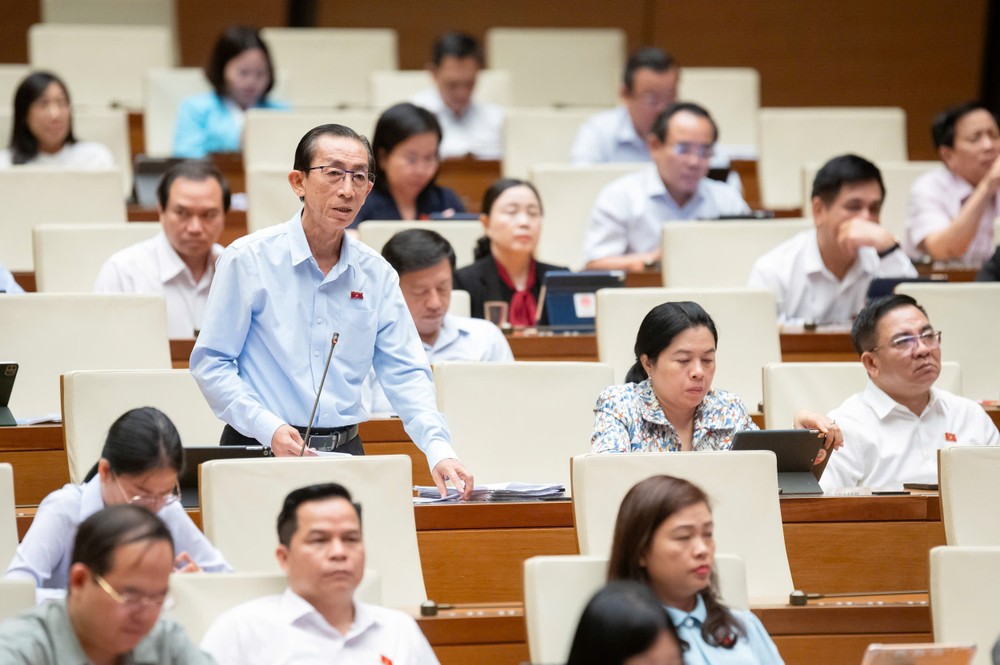
Mr. Tran Hoang Ngan also raised concerns over a proposed change to the revenue-sharing formula for land use and land lease fees. Under the draft law, localities would retain only 70 percent of these revenues, down from the current 100 percent, with the remaining 30 percent redirected to the central budget.
He warned that this change would result in a VND165 trillion shortfall for HCMC between 2026 and 2030—roughly VND33 trillion annually—jeopardizing the city’s ability to fund major infrastructure projects. He highlighted the city’s metro network alone would require US$40 billion over the next decade, with $16 billion needed in the first five years.
Given the strategic importance of land-related revenues in HCMC’s investment plans, Mr. Tran Hoang Ngan proposed the central government either defer this reallocation for the next ten years or limit it to 5–10 percent during the initial implementation phase.
Multiple legislators expressed agreement with preserving 100 percent of land revenues for local governments, emphasizing the importance of fiscal stability for development. Several also urged careful reconsiderations of the central-local revenue split to prevent significant funding disruptions once the revised law takes effect.

